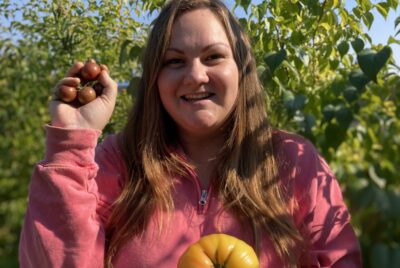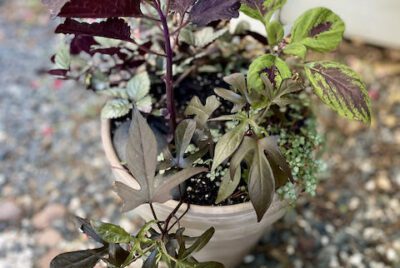RESEARCH
Enhancing the Health and Well-Being of People with Chronic Diseases: Assessment and Sustainable Development Planning for Therapeutic Landscapes after Urban Expansion
Summary
This study looked at how parks and green spaces in shrinking cities can be redesigned to support the health of people living with chronic illnesses. The researchers focused on East Lake Forest Park in Jinzhou, China—a city that experienced fast urban growth and is now facing population decline and aging. Using focus groups, interviews, and surveys with 86 local residents who had chronic diseases, the study explored how the park supported their physical and emotional health over 16 years. The team built a framework that considered things like physical activity, social interactions, connection to nature, and sensory experiences to assess how therapeutic the park really was.
The study found that while the park had become more welcoming and active over time, some important natural features like green spaces and medicinal plants had been lost. People still found the park helpful for exercising, meeting others, and enjoying calming sights and sounds, but the full healing potential wasn’t being met. To better support health and well-being, the authors recommended adding features like herb gardens, sensory paths, and quiet zones, especially for older adults and people with chronic illnesses.







